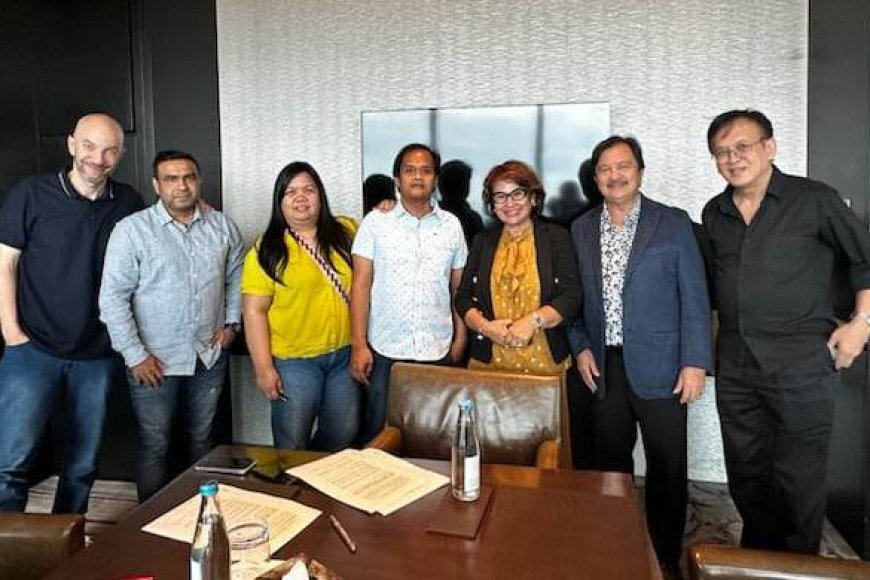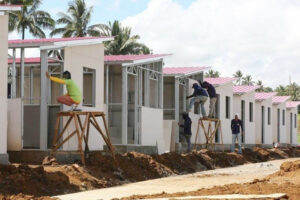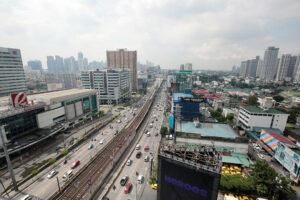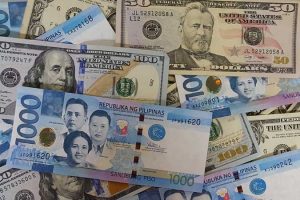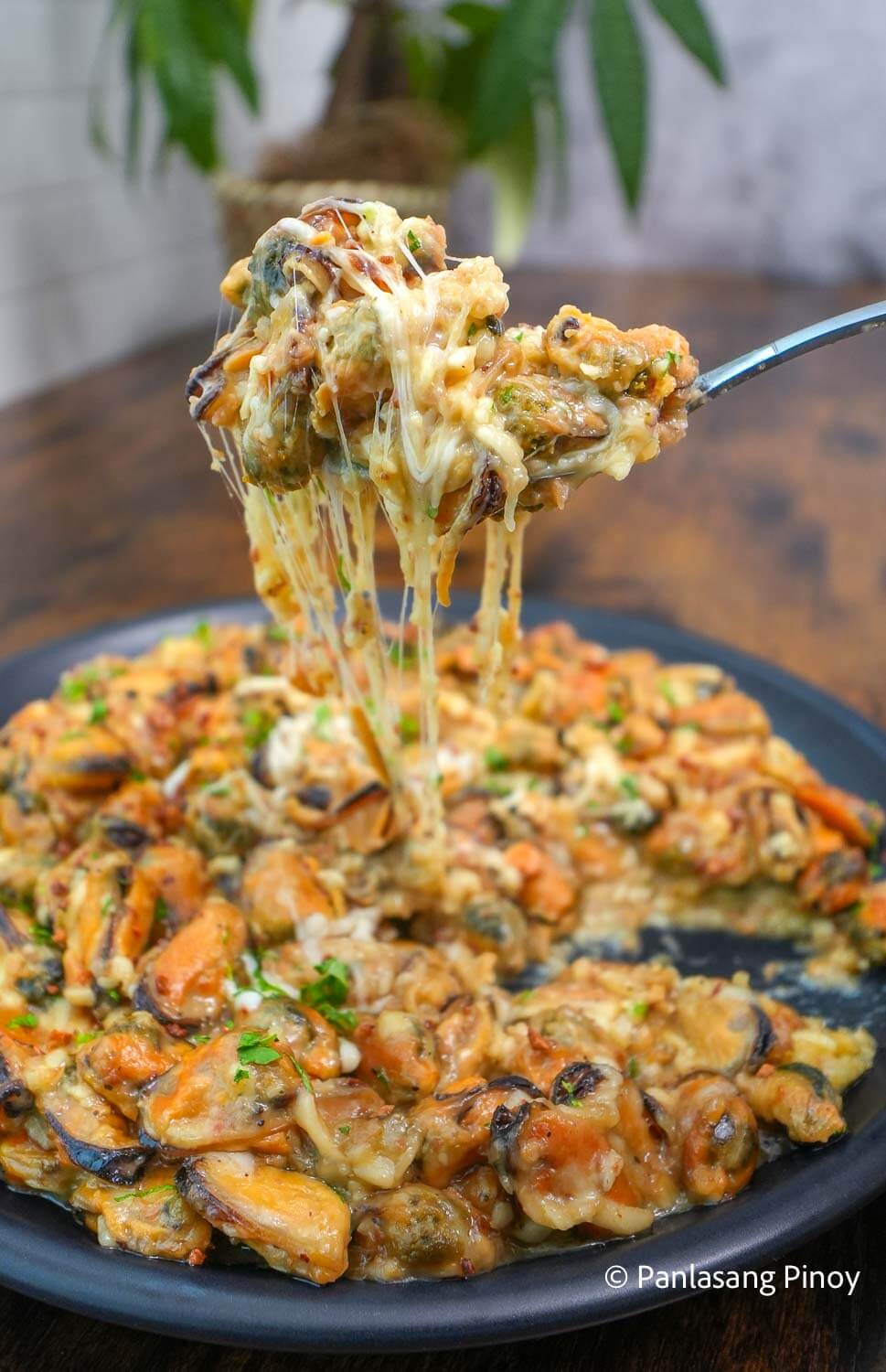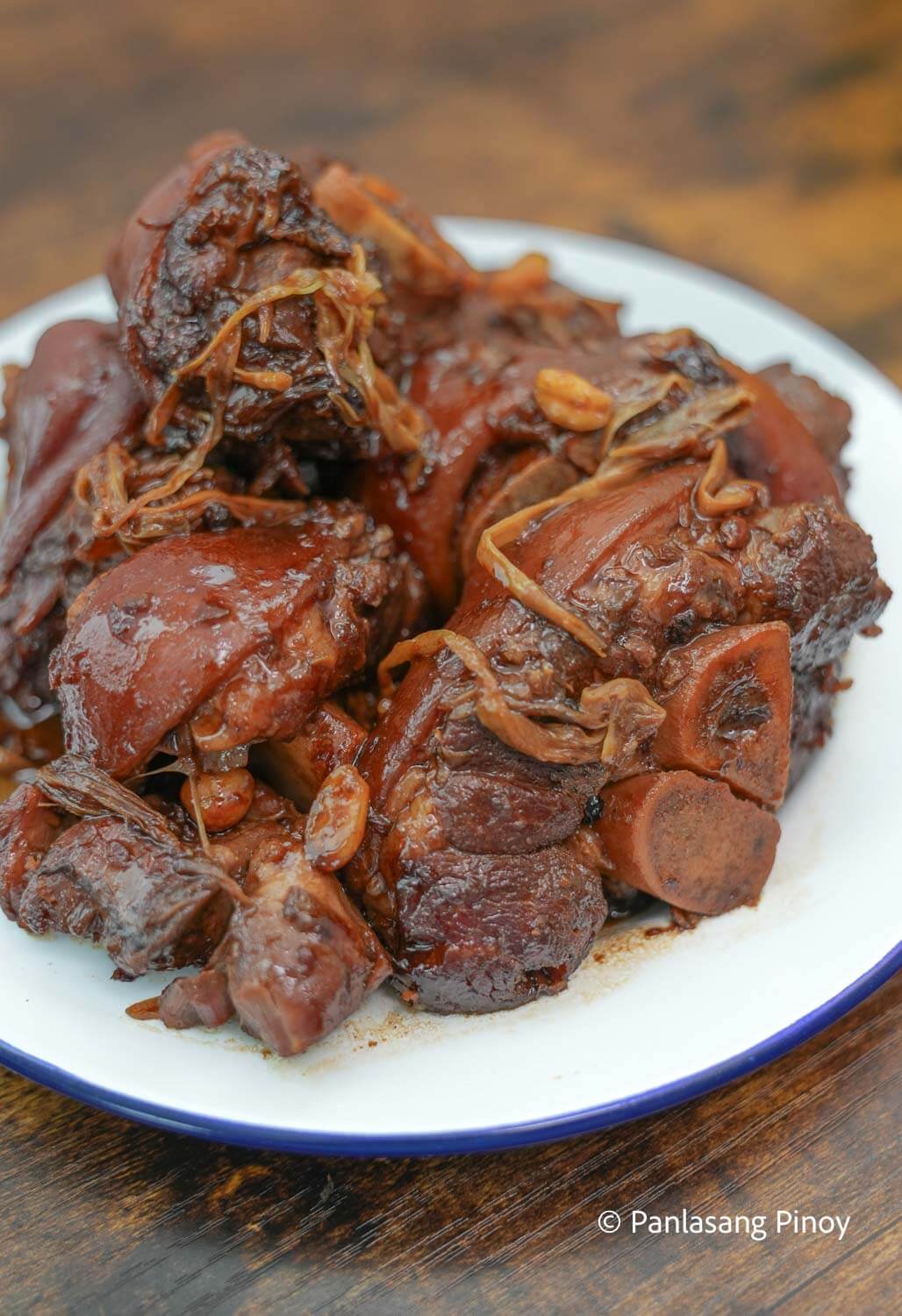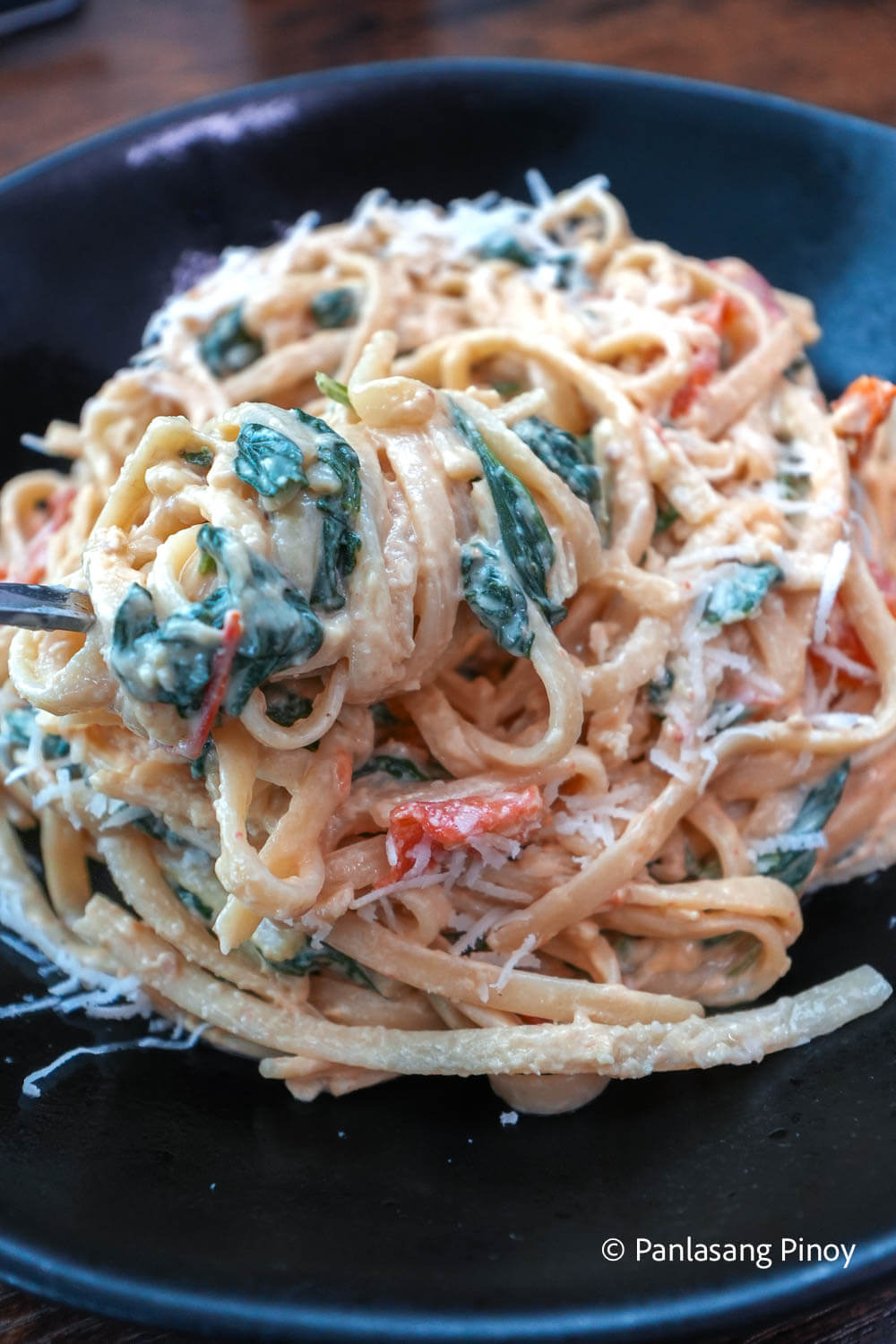My grocery boy - an age-old concept of the Barangay
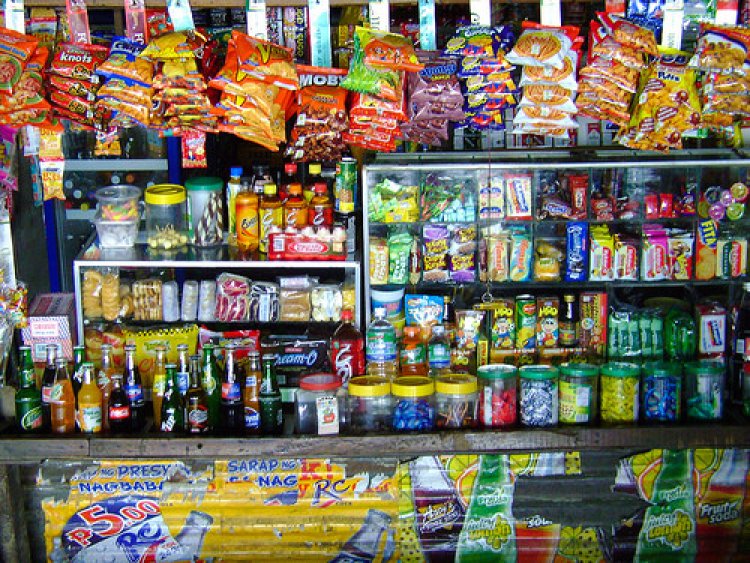
MyGroceryBoy Innovating an age-old concept of the Baranggay and Community Buying to help uplift the lives of the Filipino
June 20, 2023 - Manila, Philippines - A barangay during the Pre-Spanish era was a sailboat that carried early settlers and traders to the Philippines from Indonesia and Borneo. These people built settlements which were also called barangays. They became simple communities, with a headman and cluster of families in a given location. During the Spanish colonial era, the barangay was converted into the barrio system and lost its original significance. In 1972, President Marcos declared the New Society and ordered the reorganization of local units of government, and restored the barangay system.
Today the significance of the barangay is evident in the daily lives of Filipinos from establishing peace and order to various socioeconomic activities. The barangay system extends downward to the levels of streets and small compact dwellers.
On every street in the Philippines, there is the ubiquitous sari-sari store -- the counterpart of convenience stores or mom-and-pop stores in Western countries. The word sari-sari is a Tagalog word meaning variety or sundry.
The budget-conscious Filipino consumers buy food and household goods in small quantities or “tingi” from these “sari sari” stores. “Tingi” known as sachet marketing in the Western world is widely practiced in the Philippines. Such a trend is called micro-retailing or “make-it-small, make-it-snappy, and just-in-the-nick-of-time selling tactic”. With the disposable income of Filipinos shrinking almost daily, many families now find buying in large quantities simply not an option anymore. They buy on a daily basis or “what fits the cash flow principle”
Mygroceryboy sees the opportunity for a unique venture in harnessing the creative potential of individuals and groups in community actions. Sari-sari stores can become community leaders to spearhead group buying on behalf of their neighbors. Community group buying is essentially buyers forming a group to place bulk orders for goods or services, often receiving a discount or other benefits for the order.
In a traditional brick-and-mortar model, one visits the store upon the recommendation of family and friends. In community group buying, it introduces groups - friends, family, or other members of our communities - as participants in the e-commerce value chain. Community group buying can be a type of B2C e-commerce where purchases are initiated or influenced not by individual buyers alone but by reseller agents of a group of other consumers in a given community. Needless to say, the sari-sari stores have organically evolved as such and can become a tool for community development if harnessed to their maximum potential.
Through its portal mygroceryboy.com it encourages hole-in-the-wall sari sari stores and even individuals such as stay-at-home nanays and students to operate their own home-based online grocery in their communities. Using the app each can manage their online store, their inventory, and orders from end consumers, usually their kapitbahays or neighbors. Registration to the portal is free and the online store can be operated with zero or very limited capital. All one needs is to dedicate time and effort.
The establishment of these online businesses will spur economic activities in the communities and in turn, generate services and employment opportunities for community dwellers such us pedicabs which can be utilized for delivery.
Mygroceryboy.com holds free online training on how to register and operate your own grocery
What's Your Reaction?
 Like
0
Like
0
 Dislike
0
Dislike
0
 Love
0
Love
0
 Funny
0
Funny
0
 Angry
0
Angry
0
 Sad
0
Sad
0
 Wow
0
Wow
0







